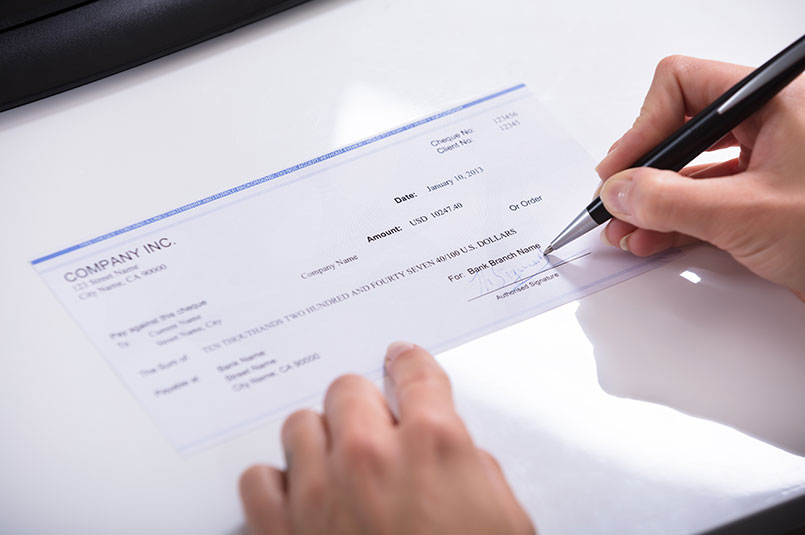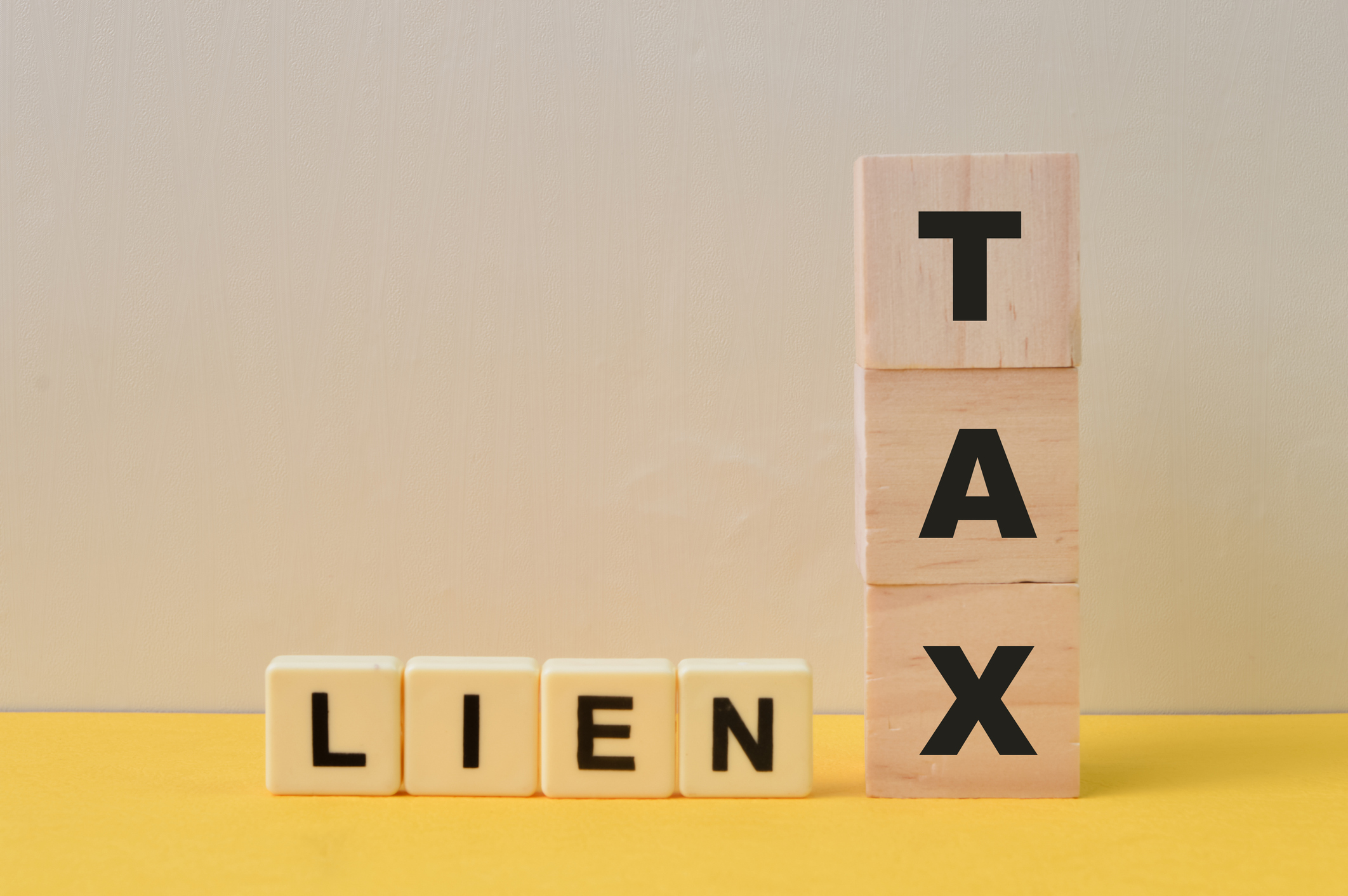Why Is There A Tax Levy On Your Paycheck?
If you’re reading this, you might be one of the many individuals wondering why there is a tax levy on your paycheck. Let’s explore the world of tax levies and understand them from the IRS’s perspective. We’ll also discuss what the IRS wants from you and how you can navigate this situation to avoid wage levies and find a solution that works for both you and the IRS.
The IRS Doesn’t Want to Levy Your Paycheck
The IRS, despite its reputation, is not eager to levy your paycheck. In fact, it views paycheck levies as a last-ditch effort. The IRS’s primary goal is not to cause financial hardship for individuals but rather to collect the taxes owed to the government. They understand that wage levies can be financially devastating, potentially leaving individuals struggling to make ends meet. Consequently, they generally seek alternative avenues to resolve tax debts before resorting to levies. The IRS recognizes that cooperation and communication with taxpayers can lead to more favorable outcomes for all parties involved. By reaching out, responding to IRS inquiries, and exploring options for resolving tax issues, individuals can often avoid the stress and financial strain that wage levies can bring. It’s a reminder that the IRS, while firm in its tax collection efforts, also seeks fair and equitable solutions.
Three Things the IRS Wants
To prevent a tax levy on your paycheck, it’s crucial to understand what the IRS wants from you. There are three key factors they consider:
Communication Is Key
The IRS wants to hear from you. Whether you’ve received letters from them or had a visit from an IRS Revenue Officer, responding to their communication is essential. Ignoring their efforts can make matters worse, so open dialogue is crucial. When you’re facing tax issues, it’s natural to want to avoid the IRS. However, addressing the situation head-on is often the best course of action. Think of it this way: when your head is in the mouth of the bear, it’s best to say, “nice bear.” Cooperation, not avoidance, is key to resolving IRS problems. If the IRS has reached out to you in any way, they are seeking to understand your financial situation and work toward a solution. Making their job easier by providing the necessary information is in your best interest.
Compliance – Stop the Problem
Compliance with your tax obligations is a critical factor in avoiding IRS wage levies. When you owe back taxes, the IRS’s primary concern is ensuring that the problem doesn’t persist. This involves not only settling the existing debt but also preventing new tax liabilities from accumulating.
For those who are self-employed, staying on top of estimated tax payments is vital. Many individuals run into tax trouble precisely because they fail to make these estimated payments on their self-employment income. A practical solution is to establish a dedicated bank account and designate it as an “Estimated Tax Account.” Then, with each payment you receive from customers or clients, allocate a portion (typically around 15-20% of your gross income) into this account. When quarterly tax deadlines approach, you’ll have the funds readily available to meet your tax obligations.
Taking this proactive approach not only demonstrates your commitment to compliance with IRS rules but also substantially reduces the risk of wage levies. It shows that you’re taking responsibility for your tax responsibilities, which aligns with the IRS’s preference for taxpayers who actively work towards resolving their tax issues and preventing future problems.
Provide Financial Information
The IRS needs to understand your financial situation. They have various programs to help individuals who may struggle to pay their full tax debt. Providing this information allows the IRS to determine the best course of action for your situation. When you owe the IRS money, they want to know how they can collect it. However, this doesn’t mean they will take any action without considering your circumstances. The IRS offers several programs to assist those who cannot pay their taxes in full. These include the offer in compromise, which is a debt settlement program, and currently uncollectible status, where the IRS agrees not to take immediate collection actions. There’s also the option of setting up a payment agreement. But the IRS won’t know which option you qualify for if communication is poor and you don’t provide the necessary financial information. By sharing your financial details, you open the door to potential solutions that can prevent levies on your bank accounts and wages.
Avoiding Levies
By addressing these three aspects – communication, compliance, and financial information – you can prevent or release wage and bank account levies. Working with the IRS can lead to a more favorable outcome for you. Remember, a cooperative approach is generally the most effective way to deal with the IRS. Making their job easier by responding to their inquiries, staying in compliance with your tax obligations, and providing financial information can go a long way in preventing levies.
Dealing with tax levies can be stressful, but it’s essential to remember that the IRS wants to work with you. By communicating, complying with tax obligations, and providing financial information, you can avoid paycheck levies and find a resolution that benefits both you and the IRS. Don’t let the fear of dealing with the IRS hold you back from taking action.
Take the first step today by seeking professional help from Tax Rise. Our experienced team can guide you through the process, provide a free tax consultation, and help you navigate the complexities of tax resolution. We understand the challenges you may be facing, and we’re here to assist you in finding the best possible solution to your tax issues.
Don’t wait; take action now to secure your financial future and avoid unnecessary wage levies.




